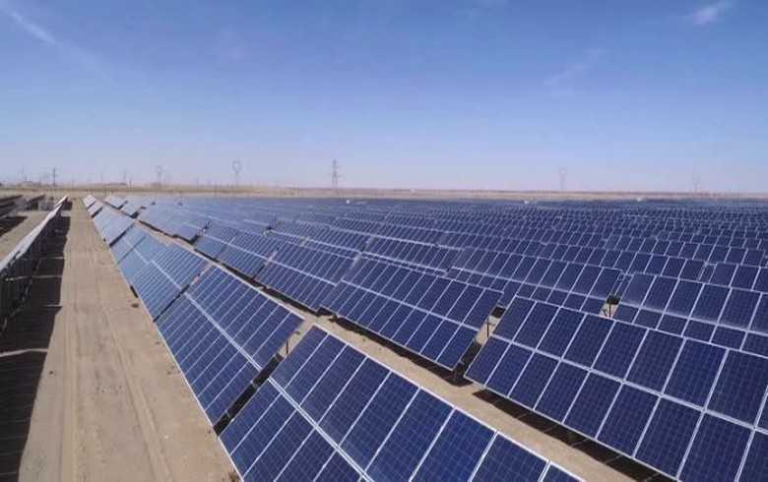Following Qatar National Vision (QNV) 2030, the country will be launching its second clean energy plan in September this year. With this, the nation has aims to ensure sustainability and to address climate change.
“During FIFA World Cup Qatar 2022, we employed 25 percent of public transport in Qatar which was eco-friendly,” said Minister of Transport H E Jassim bin Saif Al Sulaiti. He added, “Following Qatar National Vision (QNV) 2030, we will launch the second part of Qatar’s clean energy plan in September.” He informed that the number of eco-friendly public transport vehicles is expected to go up significantly from 2022 to the end of 2023. “We are expected to achieve our Qatar National Vision 2030 goals before the target year,” said the Minister.
Qatar has plans to convert its public transport to fully electric,he said. “Now Qatar has an advanced sustainable transportation system with eco-friendly buses. Apart from the public transit buses, Mowasalat (Karwa) deployed about 2,500 eco-friendly buses for schools, ferrying over 60,000 students daily,” noted he.
Lusail Bus Depot set a Guinness World Record as the largest electric bus depot with a capacity of 478 buses. It uses solar energy for charging vehicles and it has around 11,000 PV solar panels to generate 4 megawatts of power daily to supply to its buildings.
Additionally, Al Kharsaah Solar PV Power Plant (KSPP) is the first solar power plant in the country.The others include Mesaieed solar power plant with the capacity of 410 megawatts and solar power plant in Ras Laffan with the capacity of 470 megawatts.
Besides the target of increasing solar capacity to over five GW by 2035, the targets also include reducing greenhouse gas emissions, and deploying carbon capture and storage technology to capture over 11 million tonnes per annum of CO2 in Qatar by 2035.


